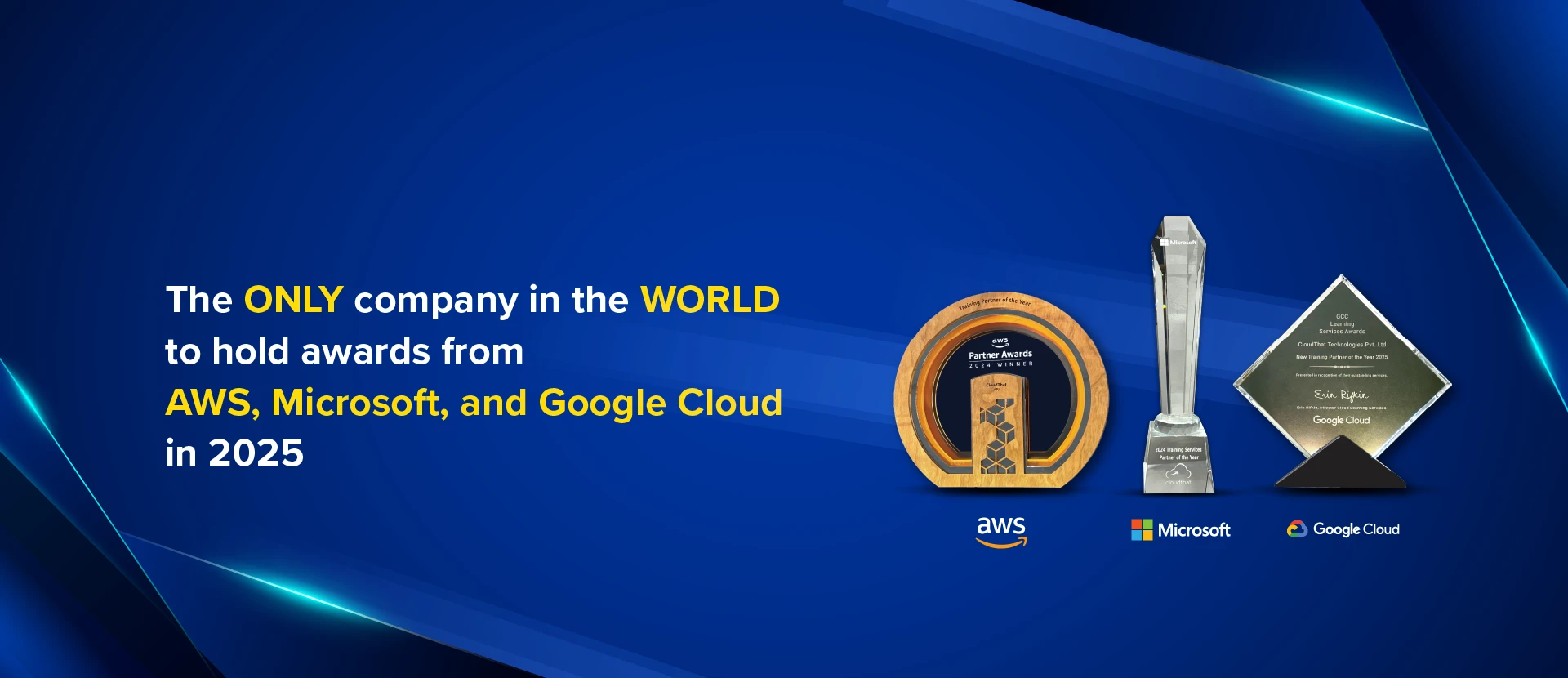
- Consulting
- GenAI Innovation Center
- Services
- Expertise
- Competency
- Service Delivery Program
- Amazon QuickSight
- Amazon EKS
- AWS Lambda
- Amazon DynamoDB
- Amazon API Gateway
- Amazon EC2
- Amazon ECS
- AWS Glue
- Amazon Redshift
- AWS Control Tower
- AWS WAF
- Amazon CloudFront
- Amazon OpenSearch
- AWS Database Migration
- AWS Systems Manager
- Amazon RDS SDP
- AWS CloudFormation
- Amazon EMR
- AWS Config
- AWS Direct Connect
- AWS Graviton SDP
- Solutions
- Demos
- Training
- Partners
- About Us
x




































